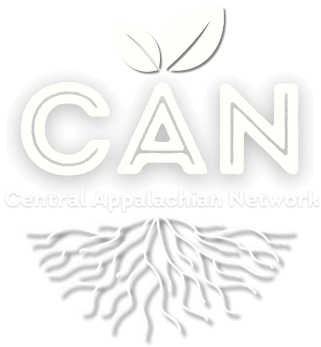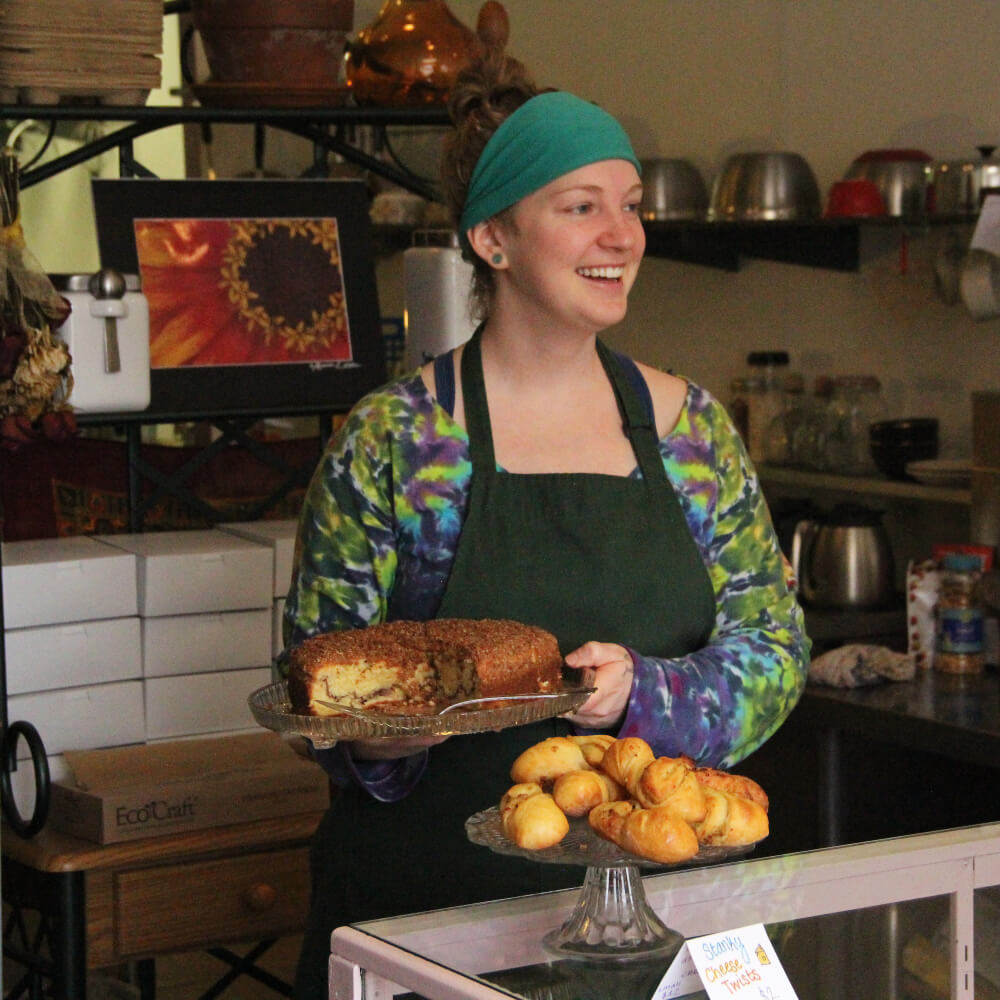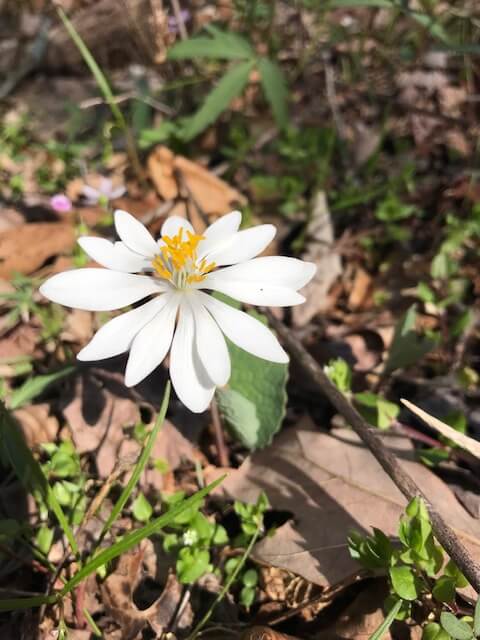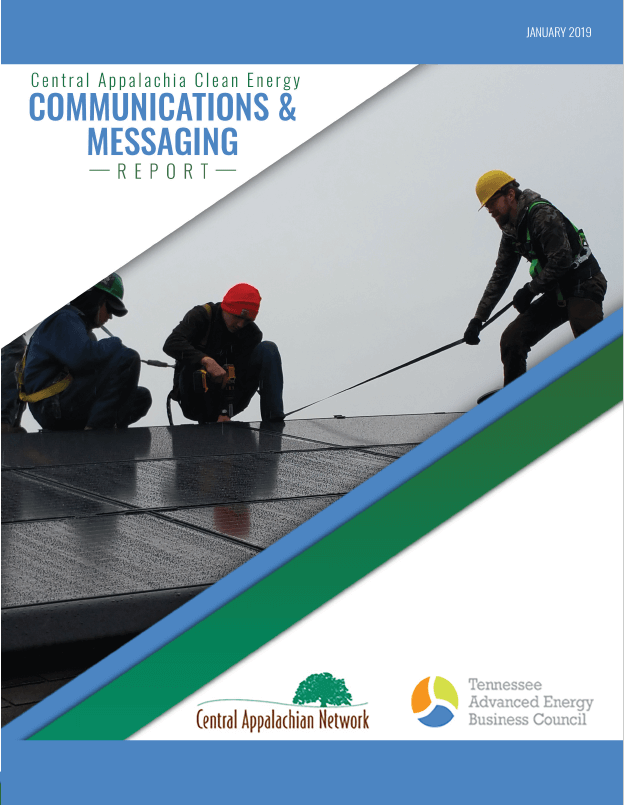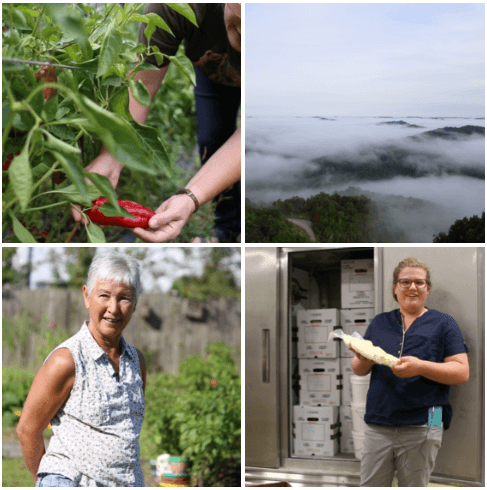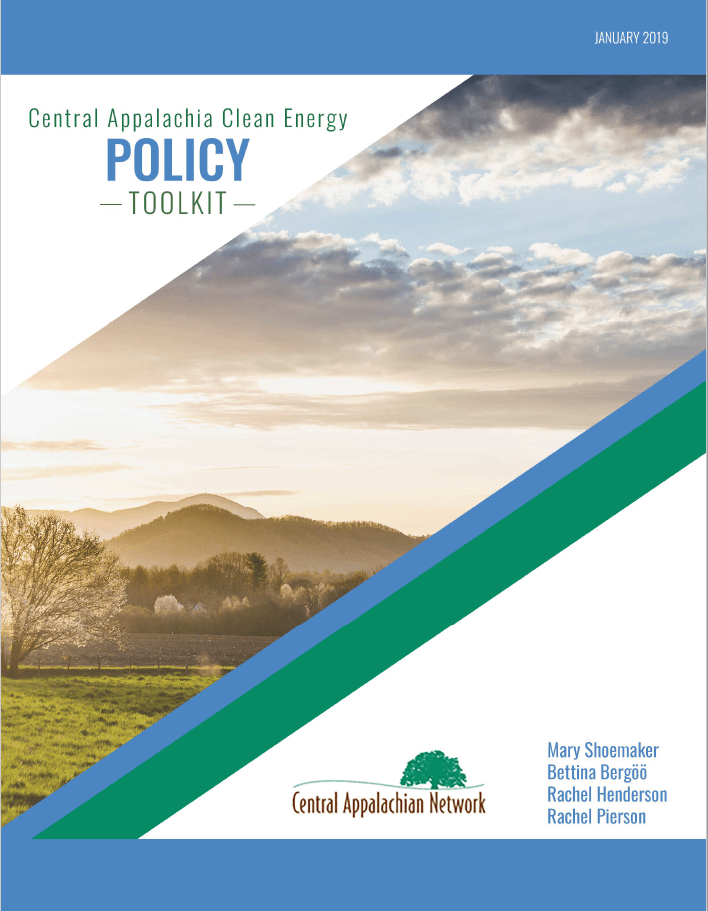Creative placemaking has gained steady momentum across the country and region as an approach that can drive cross-sector engagement and community transformation, which is critical to a just transition in Central Appalachia.The Central Appalachian Network commissioned this scan of creative placemaking in Central Appalachia in order to understand what creative placemaking looks like on the ground, assess the state of the field regionally, offer ideas to strengthen and accelerate current momentum, and ultimately bring more attention and resources to advance the approach of creative placemaking in the region.
Sunflower Bakery sits on a busy Nelsonville Public Square. There is a sense of vibrancy here: as I walk down the street, older and younger couples pass by, workers are cleaning up the square’s central fountain, and cars slowly drive past. I step into the bakery, and it is bright and warm. The smell of fresh bread hits me as soon as I open the door. I am greeted by two women, Rosemary behind the counter, and Liz Florentino, the owner.
HERBalachia welcomed our first class of herbal students in 2017. Fourteen of those 30 students were medical professionals, which indicated to me that herbs appeal to more than gardening hobbyists and flower children. Since our first year, the school has expanded to include a second training year for health professionals, and this year we will offer our community the Sassafras Moon Herbal Festival on September 7.
The future of clean energy in Appalachia depends in large part on collective buy-in from diverse parties – from state regulators and local community members, to utilities and workforce development networks. Advocates are in need of a common language and message that resonates across the board and unifies these vested interests behind clean energy. To that end, CAN’s Clean Energy Practitioner Network commissioned the Tennessee Advanced Energy Business Council (TNAEBC) to develop a best-practices guide to clean energy advocacy.
Over the months leading up to this past winter, I was given the opportunity to work with CAN and their many partner organizations across the Appalachian region to highlight the work they are doing to improve healthy food access in their communities. I captured these initiatives through a number of short videos, each highlighting a different project described in recently completed case studies conducted and published by CAN and the Appalachian Funders Network.
Central Appalachia’s emerging clean energy economy has potential benefits for economic development, job creation, community resilience, and sustainability. Yet, the policy context at the state, local, and regulatory level is critically important to this emerging market. This policy analysis toolkit from the Clean Energy Leadership Institute (CELI) looks at the region’s policy landscape and provides a set of recommendations and priorities to guide future policy change and advocacy efforts in Appalachia.
